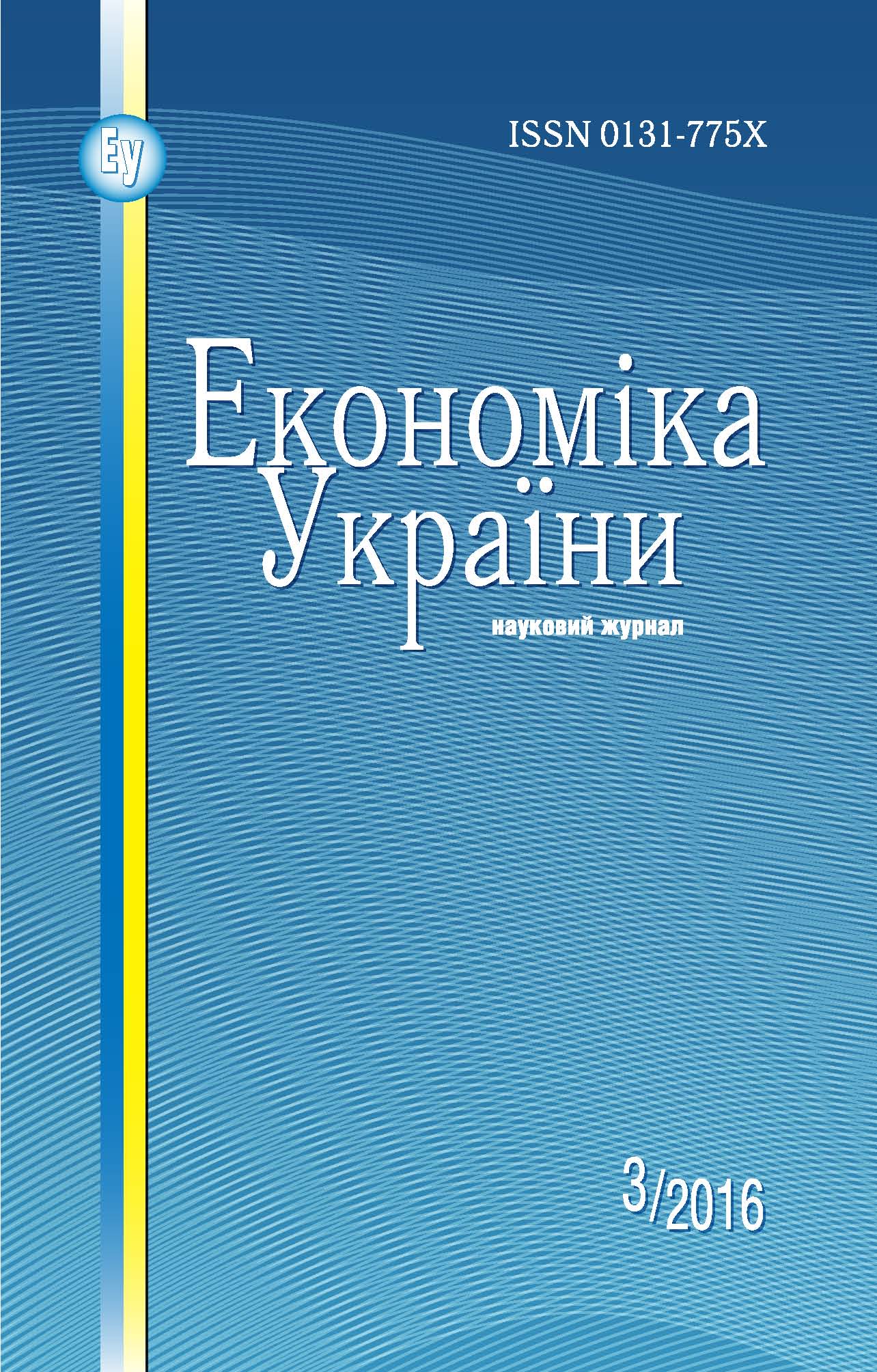STRENGTHENING THE ENVIRONMENTAL TAXATION BASE IN UKRAINE: METHODOLOGY AND PRACTICE
Keywords:
environmental taxation, environmentally unhealthy products, producer’s extended responsibility, rates of charge (tax), gathering and utilization of wastes, natural environment, services for the management of wastes, taxation baseAbstract
The international experience indicates that the economic tools of the environmental policy (first of all, such as environmental taxes and charges) can successfully stimulate the reorientation of commodity producers to less dangerous goods and favor the expansion of the recycling of wastes. This is especially actual for Ukraine, where the formation of a branch treating the resource-valuable wastes of a final consumption of products is of special significance. In this context, the scientific-methodical and organizational-economic preconditions for the introduction of taxes/charges in Ukraine on environmentally dangerous products are considered. This concerns the packing, electric and electronic equipments, tyres, olives, and some other goods, which are transformed into wastes due to the wear and the loss of consumer properties.
The taxation of environmentally dangerous products opens the way to the creation of a sound economic mechanism aimed at the compensation of expenditures for the gathering, processing, and utilization of the resource-valuable wastes according to the European principle of “extended producer responsibility”. In this case, the environmental taxes on goods are theoretically a certain alternative to the direct taxes on the ejections of contaminants and on the placing of wastes.
A scientific-methodical approach, according to which the determination of such charges should be based on the investment criterion, is substantiated. Its essence consists in the calculation of investment and operational expenditures, which are necessary for the development of a system for a treatment of wastes of various categories (types). The use of the investment criterion will ensure the compensation of expenditures for the gathering and the utilization of wastes of the consumption of environmentally dangerous products and, therefore, allows one to consider the tax/charge on such products as the payment for the wastes treatment services.
Based on the modeling of a situation with regard for the construction of probable scenarios, some variant computations of the rates of payments are performed.
References
Veklych O. Yak zashkodyty ekologichnomu opodatkuvannyu? [How can the environmental taxation be damaged?]. Dzerkalo Tyzhnya – Week’s Mirror, 2014, No. 32 (178), pp. 7 [in Ukrainian].
Mishchenko V.S., Makovets’ka Yu.M., Omel’yanenko T.L. Instytutsional’nyi Rozvytok Sfery Povodzhennya z Vidkhodamy v Ukraini: na Shlyakhu Evropeis’koi Integratsii [Institutional Development of the Wastes Management Sphere in Ukraine: on the Way to the European Integration]. Kyiv, Inst. of Nature Manag. Economy and Sustain. Devel. of the NASU, 2013 [in Ukrainian].
Downloads
Published
How to Cite
Issue
Section
License
Copyright (c) 2024 Economy of Ukraine

This work is licensed under a Creative Commons Attribution-NonCommercial-NoDerivatives 4.0 International License.



